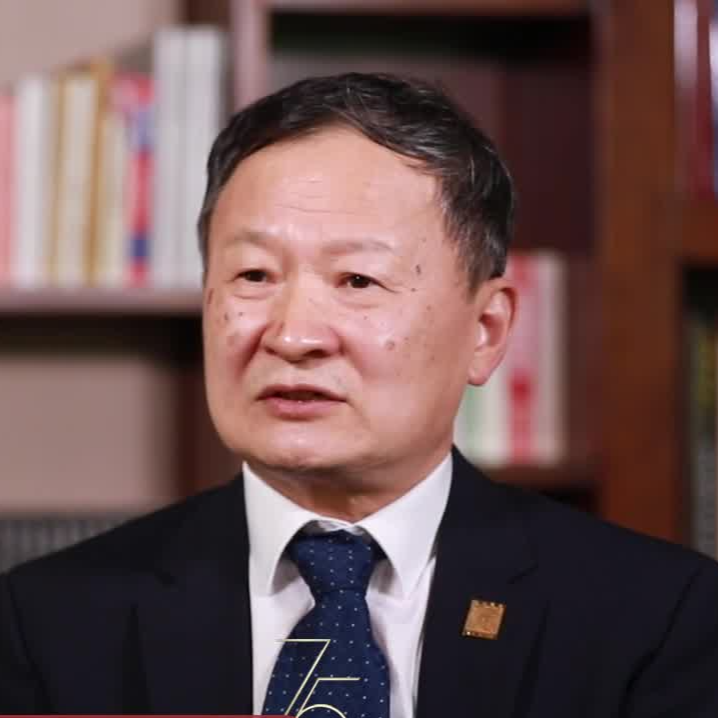Russia Halts Dollar Trade: Chain Reaction in Global Finance On the Horizon

On June 12, the Moscow Exchange(MOEX) announced it would no longer use the US dollar and euro for foreign exchange and precious metals trading. This move is a forceful response to the weaponization of the dollar initiated by the US and the EU, and it sets an example for other countries that might face Western economic sanctions in the future. This shift could lead to a significant change in global finance.
Currently, the US dollar and euro remain dominant currencies due to the economic strength of the West and their widespread international usage. Ruble had experienced great depreciation due to the economic sanctions imposed by the US and EU following the Russia-Ukraine conflict. In defence of Ruble, Russia once tried pegging the ruble to gold and natural gas.
But to proactively stabilize its currency market, Moscow mandated on March 31, 2022, that all gas payments be settled in Rubles. The Moscow Exchange’s latest announcement can be seen as an extension of Russia’s proactive effort. It’s a solemn statement to the international financial market that Russia is forgoing dollars and euros from now on.
Why is it important for Russia to announce its stance? First and foremost, since the sanctions from the West show no signs of ending any time soon, and the West is continuously aiding Ukraine using assets confiscated from Russia illegally, Moscow is left with no choice but to institutionalize its counter-sanction measures. An economic and currency division between Russia and Western countries is now officially established, shifting the world economy from globalization toward regionalization.
A Russian commodities exporter told Reuters: “We don’t care, we have yuan.” China’s yuan has ousted the dollar to become MOEX’s most traded currency, accounting for 53.6% of all foreign currency traded in May.
By prioritizing economic and political security over the economic prosperity that globalization can potentially bring, Russia is offering another dimension with which to gauge national interest. Russia is also showing other countries how Western sanctions can be navigated.
It’s highly likely that other countries might follow Russia’s lead because frequent Western financial sanctions have undermined the reliability of the dollar as a universal medium of exchange. This can be seen as a backlash against the US and Europe’s overuse of financial power, weaponizing the dollar and euro.
However, one cannot narrow Moscow’s new move down to merely a tic-for-tac response against the US. According to the Russian Central Bank, companies and individuals can still buy and sell dollars and euros through Russian banks. All dollars and euros in personal and company accounts and deposits will remain secure. This indicates Russia’s intention to stabilize its financial and currency markets, while an outright ban on the dollar would render the dollars held by some Russian individuals or companies illegal or worthless. Thus, the Moscow Exchange’s announcement kills two birds with one stone: first, it is a demonstration of Russia’s resolve to counter Western sanctions; second, it serves to maintain the stability of its private financial market.
-5.jpg?fit=300%2C169&ssl=1)




